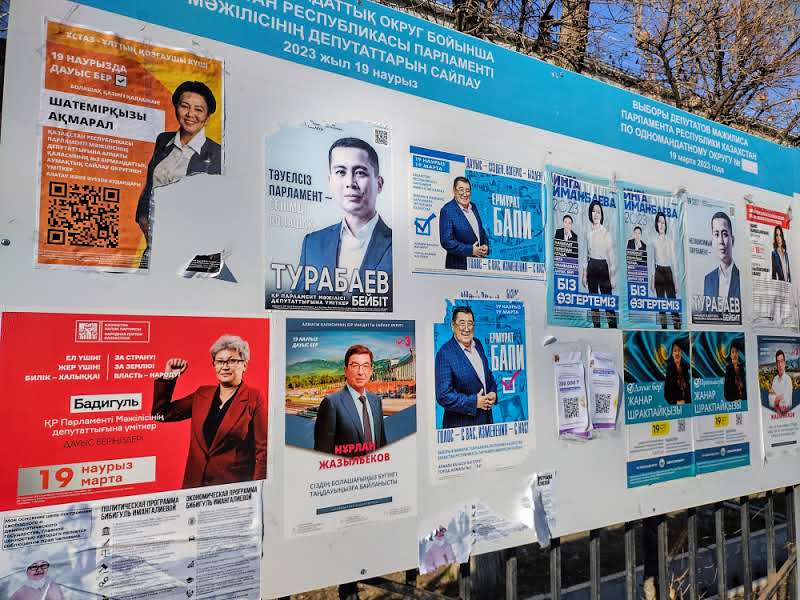Kazakhstan Sums Up Democratic Reforms, Human Rights Efforts
Kazakhstan has undergone “large-scale democratic transformations and made significant progress towards protecting human rights in full compliance with its international commitments,” states a factsheet published on the website of the President on January 12th. “Significant changes have been made to the legislation on democratic participation, human rights protection, and the rule of law. This has ensured greater participation of the population in the decision-making process as the concept of the ‘Listening State’ continues to evolve, and contributed to a more balanced political system and greater accountability to ensure the irreversibility of the ongoing political transformation towards a ‘Just and Fair Kazakhstan,’” the document says. Among the reforms enacted are the limit of a single seven-year term for presidents, the abolition of presidential power over local office-holders, the reduction of presidential authority over the Senate, and the reduction of the threshold for political parties to be registered from 20,000 to 5,000 members. “Such liberalization has resulted in the registration of new political parties - Baytaq and Respublica,” the document states, with the latter winning seats in the parliamentary election of March 2023. The reforms have also seen the powers of the Majilis (lower house of parliament) significantly expanded, whilst the election of mayors of districts and cities were held for the first time. The factsheet states that these “reforms have strengthened the system of human rights protection. Legislative amendments have been adopted to strengthen the independence of the courts [and] the categories of cases for jury trials have been expanded.” The factsheet goes on to say that the Constitutional Court has been reinstated with an enhanced mandate, aiming to fortify the protection of fundamental rights and freedoms by providing citizens with the direct right of appeal. The death penalty has also been abolished and criminal accountability for acts of torture reinforced. “Administrative and criminal liability for domestic violence has been significantly strengthened,” and a new law governing peaceful assemblies has been introduced, expanding the scope of peaceful gatherings and rallies in Kazakhstan. Human Rights Watch, in their World Report 2024, has raised concerns over the lack of accountability for human rights violations in Kazakhstan. The organization voiced their reservations about points in the new legislation that, while designed to protect women, does not specifically criminalize domestic violence as a separate offense. They have been consistently urging the Kazakhstan government to ensure justice and take necessary steps to prevent future violations.



